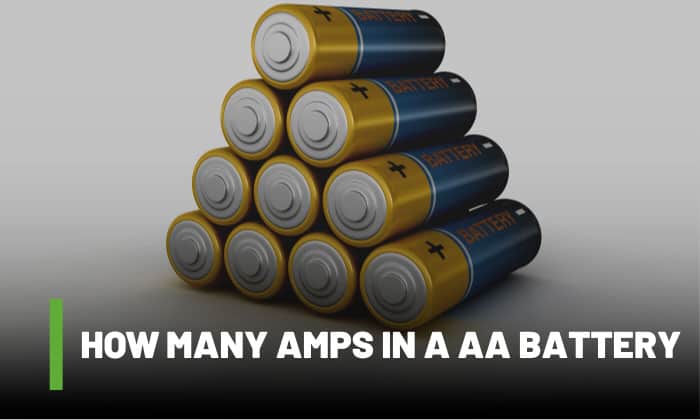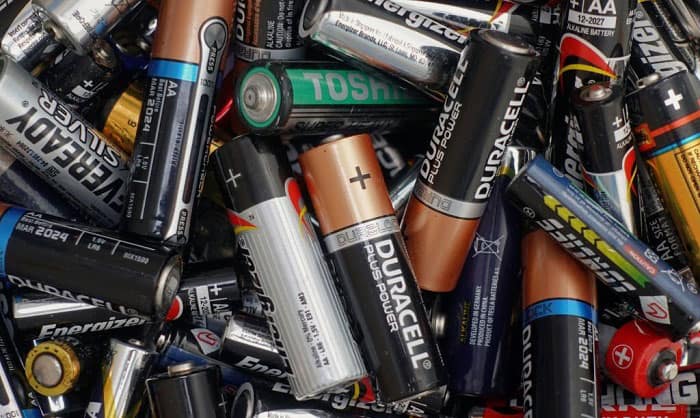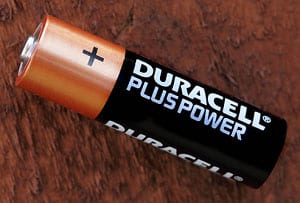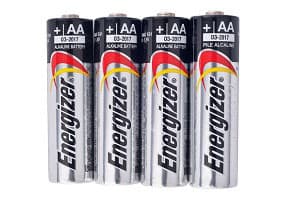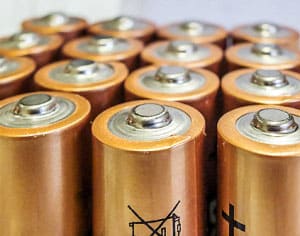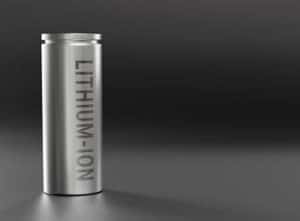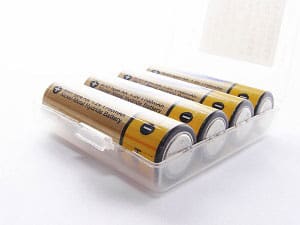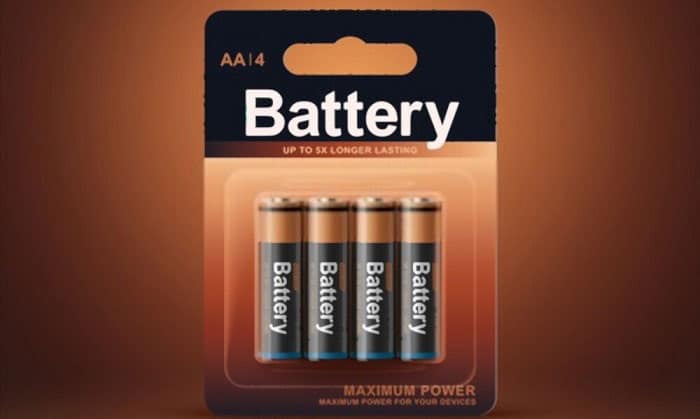Batteries are extremely useful nowadays, and one of these types is the AA battery, commonly used in small electronics. We often use it, but there are times we fail to notice that its power has run out. This is mainly because we don’t know or cannot gauge how many amps in a AA battery.
In this case, the Ah and voltage chart below might be helpful. For detailed information about AA batteries, keep reading this article up to the end.
| Battery | Volts | mAh |
| Duracell Coppertop AA Batteries | 1.5 V | 2850 mAh |
| Energizer Max AA Battery | 1.5 V | 2779 mAh |
| Zinc Carbon AA battery | 1.5 V | 400 mAh – 1700 mAh |
| Lithium Ion AA Battery | 3.7 V | 1500 mAh to 3000 mAh |
| NiMH AA Battery | 1.2 V | Up to 2800 mAh |
Table of Contents
How Many Amps Does a AA Battery Output?
The AA battery amps output depends on the connected gadget. It can deliver 1 or 2 amps if it’s required by the device. In this case, even if your battery can deliver 4 amps, it will only supply the current that your device needs, even if it is lower.
However, various battery types may have a limitation in the amp rating they can produce. Typically, an AA battery max current is only up to 9 amps. Furthermore, reaching this limit may result in the battery heating up, which may damage the device or cause injuries.
To give you some idea of the amps and volts as well as the watt hour rating of an AA battery, here is some information about the AA batteries currently available in the market today.
1. Volt
The volt or voltage of AA battery is the amount of pressure it can supply. Typically, a normal AA battery has a rating of 1.5 volts. However, there are also 1.2 volts primarily found in most rechargeable batteries.
Also, 3 to 3.7 volts are common for lithium batteries, since they are mainly used in high-drain applications.
2. Amp
Amp or amperage is the amount of current that AA batteries can supply. Usually, most AA batteries have a current supply of over 2 amps, depending on the ratings for different applications. This also implies that the higher the amperage of the battery, the more power it can deliver.
Related: Calculating Amp Hours of a Battery Exactly
3. Watt Hour
The battery’s energy capacity is measured in watt hours. By getting this rating, you may find out how long your battery will last in a certain application. To calculate the AA battery capacity, use the formula:
\begin{equation}
\text{Wh (Watt hour)} = \text{V (volt)} \times \text{Ah (Amp hour)}
\end{equation}
Assume you have a 1.5V 2000 mAh AA battery. Before we begin the calculation, it is essential to understand that 1 Ah is equal to 1000 mAh. 1.5V multiplied by 2 Ah equals 3 Wh in this situation. This simply indicates that the battery has a storage capacity of 3 Wh or can power electronics rated at 3 watts for one hour.
4. Types of AA Batteries
- Duracell Battery
Duracell Alkaline is one of the most popular varieties of AA batteries available today. It is a high capacity AA battery that provides longer-lasting energy than other brands. It typically has a capacity of 1800 to 2800 mAh and a voltage rating of 1.5 volts.
- Energizer Battery
The Energizer Max is another famous Alkaline battery. Even though it does not last as long as the Duracell, this battery is still extremely reliable. It has a 1.5 volt rating and a capacity of around 1100 mAh.
- Zinc Carbon Battery
Zinc Carbon is a dry cell type battery that utilizes zinc and manganese dioxide to generate an electric current. This 1.5v AA battery typically has a capacity rating ranging from 400 to 1700 mAh.
- Lithium Ion Battery
This battery type has become popular several years ago due to its rechargeable feature. It is utilized in various technologies, including mobile phones, toys, and even electric cars. It is also one of the most recent double A battery types.
This Li-ion AA battery voltage is typically higher than usual types of power cells. It may come at 3.7 volts with a capacity of more than 2000 mAh.
- NiMH AA Battery
A NiMH (Nickel-Metal Hydride) battery is similar to a Li-ion battery in that it may be recharged. However, unlike lithium batteries, it employs nickel-cadmium technology. Usually, it has a voltage of 1.2 volts and 1500 to 3000 mAh.
AA Battery History
Ever Ready was the first firm to introduce an AA battery in 1907. It was initially used to power old electronic devices such as flashlights and portable radios. Then it became standard for general electronics in the year 1947.
Nowadays, we still utilize AA batteries. In fact, common households might have this battery for their television remote control, wall clock, and children’s toys. Aside from the AA type, we now have a variety of batteries, including AAA, AAAA, C, D batteries, etc.
Common Misconceptions About Amps and Batteries
The More Amps a Battery Produces, the Higher its Voltage.
No, there is no way that the battery amperage can affect the voltage rating. The amperage rating is the current that a battery can draw, while the voltage rating depends on the number of cells.
Therefore, the only thing that can increase the voltage rating is connecting 2 AA batteries, 3 AA batteries or more in series.
Higher CCAs are better
Batteries will only supply the cold cranking amps the car demands. Buying batteries with higher CCAs costs more money and is unnecessary.
Frequently Asked Questions
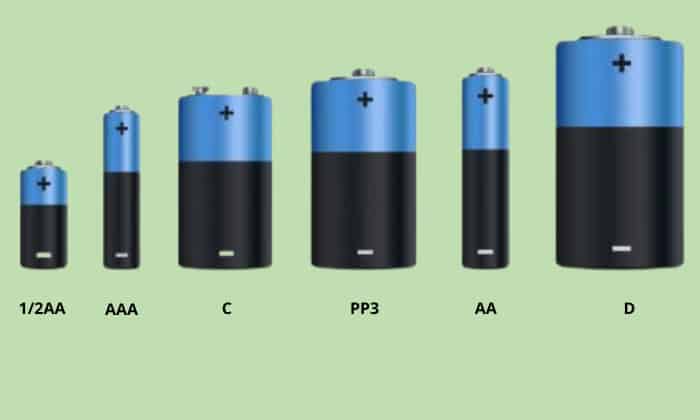
What Happens When You Connect Batteries in Series?
When connected in series, batteries’ voltage will increase. As previously stated, a single-cell battery might be 1.5 or 1.2 volts. If you connect 8 AA batteries in series, the voltage will be 12v or 9.6v, but the amp rating will remain the same.
Related: 12-Volt Battery – How Many Amps?
What Happens When You Connect 4 AA Batteries in Parallel?
An AA battery power voltage will not increase if four AA batteries are connected in parallel. However, the flow of current will increase. Their current may be four times higher based on the AA batteries specifications.
Conclusion
Knowing how many amps in a AA battery is quite handy. This allows you to determine how much current it can generate and how long it can last.
On the other hand, always keep in mind that some batteries may be hazardous to our environment. If you need to dispose of a dead battery, make sure to check with your local solid waste authority.
In addition, storing it with plastic or electrical tape is a good idea because battery types may generate sparks when their terminals come into contact.

I am Edwin Jones, in charge of designing content for Galvinpower. I aspire to use my experiences in marketing to create reliable and necessary information to help our readers. It has been fun to work with Andrew and apply his incredible knowledge to our content.

